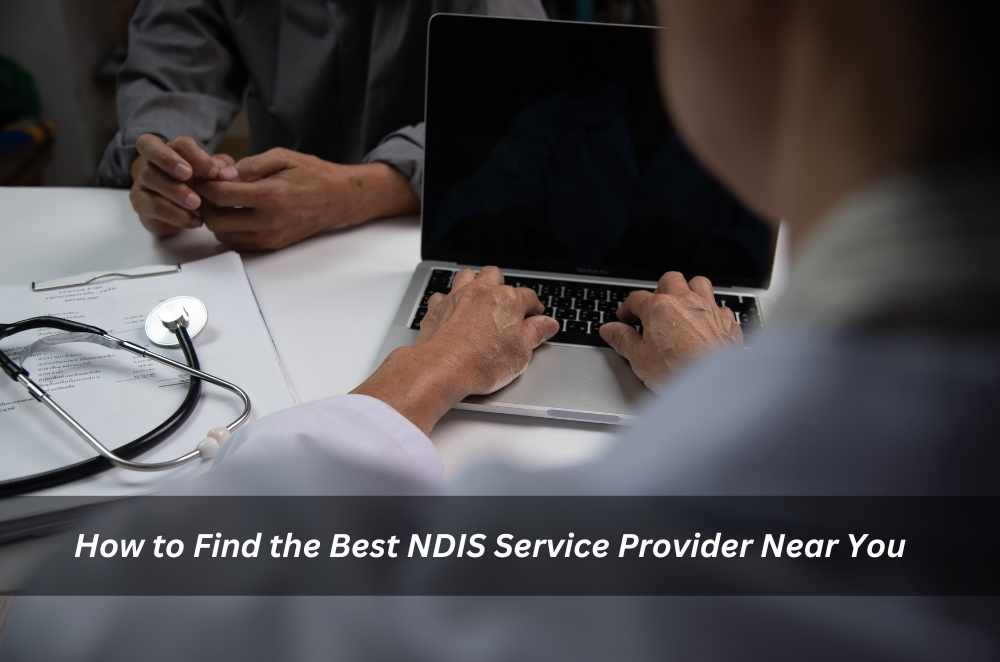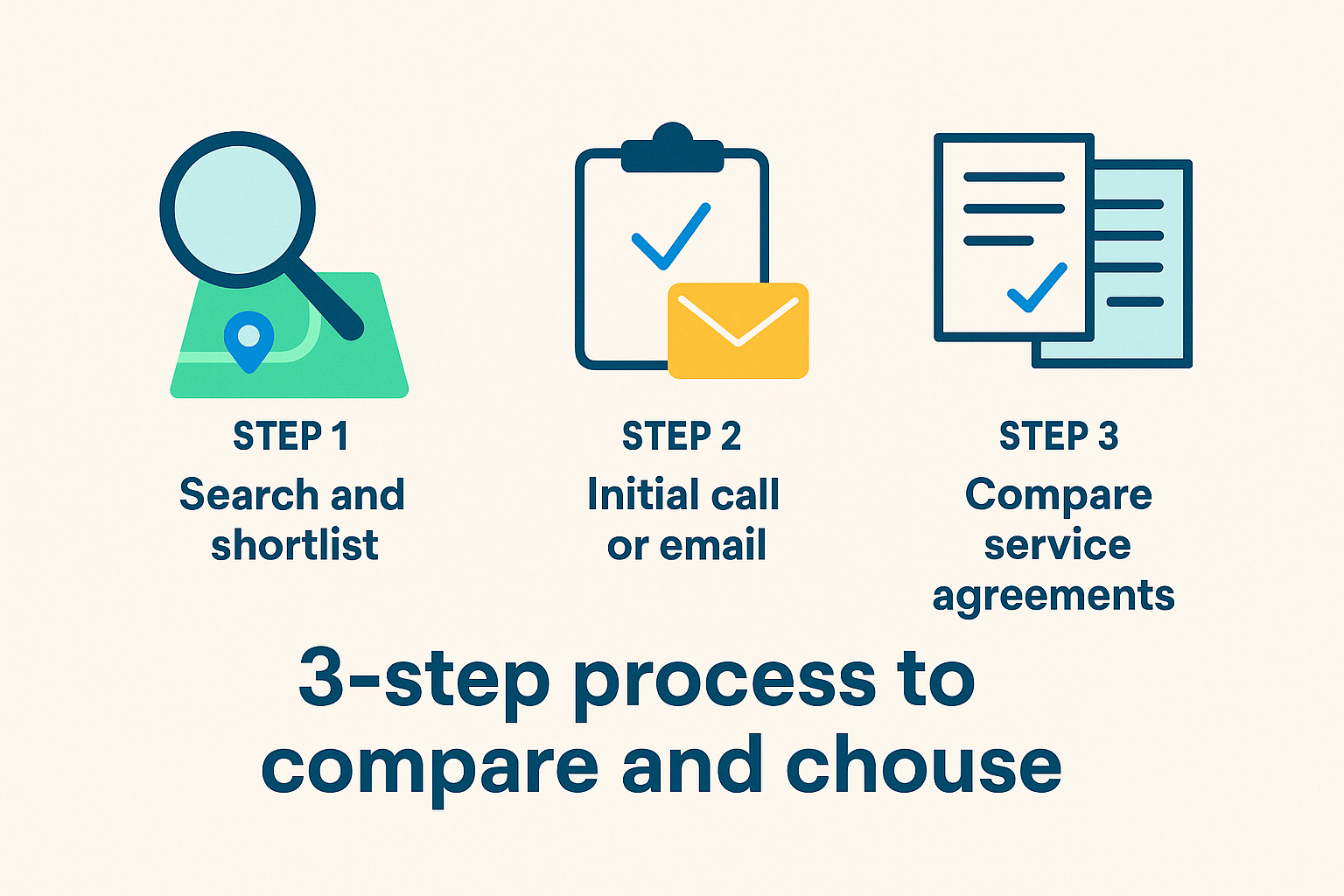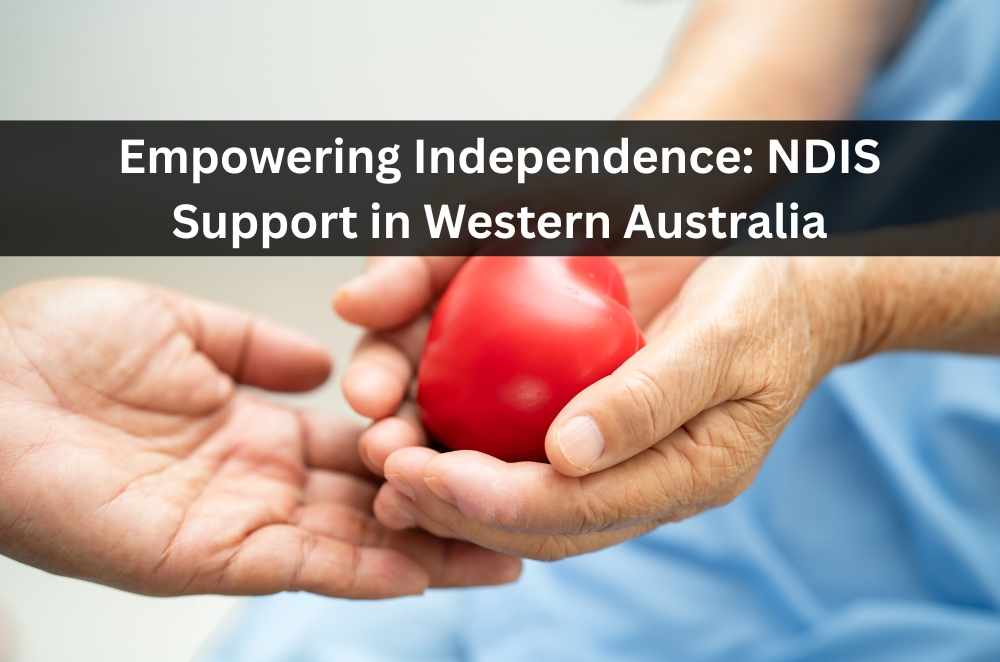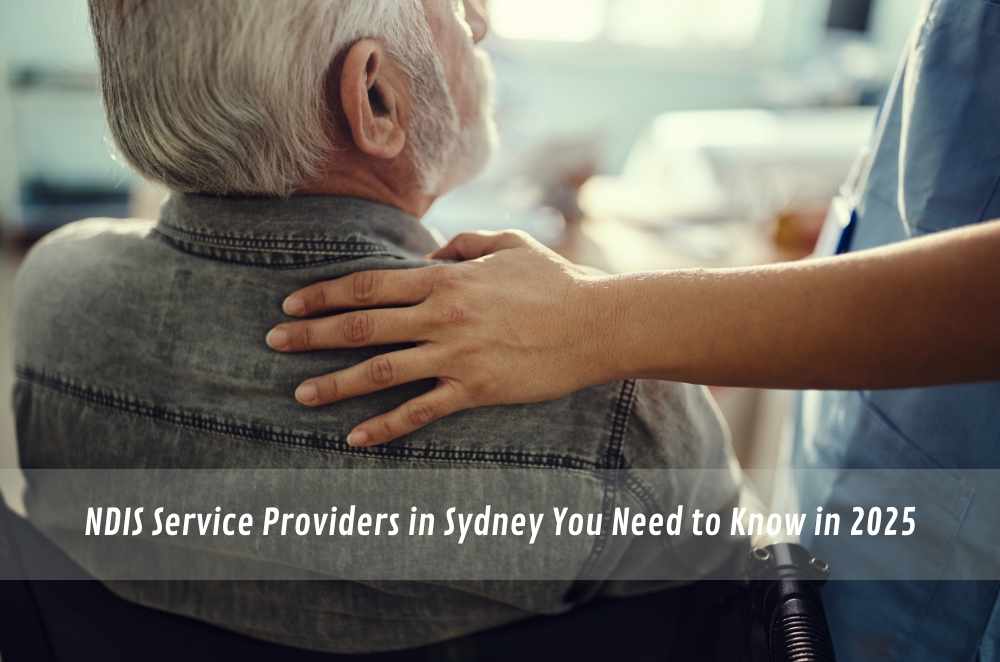
Trying to make sense of the NDIS can be a bit much, like walking through fog with a bunch of brochures in your hand and no one to ask. There are heaps of local providers out there, sure, but just because someone’s available doesn’t mean they’re the right fit. What you really want is the best NDIS service provider, one that actually gets what you need day-to-day and doesn’t just tick the standard boxes. The difference a good provider makes? Honestly, it can change everything — from how supported you feel to how smoothly your week runs.
Figuring it out isn’t always simple. Maybe it’s for you, maybe for someone you’re helping — either way, it helps to have something to go off. Not every provider who sounds good actually is, and picking the right one makes more of a difference than most people think.
Why choosing the right NDIS provider really matters
NDIS plans are tailored to individual goals, and your service provider should be just as personalised. A mismatch in support can lead to confusion, unmet goals, and unnecessary stress.
I’ve personally supported a friend navigating her first NDIS plan — and we learned fast that the provider you choose plays a big role in your day-to-day experience. From communication style to cultural understanding, the fit has to go beyond services on paper.
More than ticking boxes, you're trusting someone with access to sensitive parts of your life.
What defines a "good" provider anyway?
Not all providers are created equal. Here's what to look for:
Registered status with the NDIS — essential if you’re using agency-managed funding
Experience with your specific disability or goals
Transparency around fees, scheduling, and staff qualifications
Consistency in support workers (frequent changes can be disruptive)
Cultural sensitivity, especially in Indigenous or CALD communities
Responsiveness — do they return calls, emails, or NDIS portal messages promptly?
You can confirm provider credentials using the official NDIS registered provider list on the NDIS website. This tool is vital for cross-checking if a provider is up to date and compliant.
Red flags to watch out for
During my friend’s journey, we encountered a few services that didn’t quite pass the sniff test. While some looked promising online, the reality didn’t match the sales pitch — and that’s something to take seriously. Keep an eye out for:
Vague or incomplete service agreements
Pressure tactics to sign up fast
Poor communication or delays in replies
No feedback mechanism or escalation process
Also, beware of services that dodge your questions or constantly change staff without warning. Sticking with the same worker or team can make a huge difference, especially when the support is personal, like help around the house or attending appointments. If you’re constantly explaining things to new faces, it wears you down. And if a provider brushes off your questions, dodges the details, or seems more focused on ticking boxes than understanding what matters to you, that’s a worry. You want someone who listens, not just someone who shows up.
Don’t downplay your gut feeling. You’re not being difficult — you’re being careful. If something feels off, it probably is. It’s better to walk away early than try to undo months of mismanaged support later.
Local doesn’t always mean better, but it helps
When searching for NDIS service providers near you, proximity matters for practical reasons. You want providers who understand your local area, community resources, and are available for face-to-face services if needed.
But don’t get caught up in just location. Here’s a quick checklist you can use:
Are they based nearby or servicing your postcode?
Do they offer mobile services or only centre-based?
Can they help you access local events, programs, or allied health supports?
Do they have staff familiar with your cultural or language needs?
3-step process to compare and choose

Feeling overwhelmed? Here’s a simple 3-step system we used to shortlist my friend’s providers:
1. Search and shortlist
Start with the NDIS portal or plan manager recommendations. Focus on those who list your required services (like personal care, therapy, support coordination). Use maps or service finders to note who operates in your suburb or council area.
2. Initial call or email
Contact each one with a few questions:
Do they have current availability?
Can they explain their onboarding process?
Do they allow a meet-and-greet with support workers?
Good providers will not only answer — they’ll welcome the chance to earn your trust.
3. Compare the service agreements
Before signing anything, compare what each provider offers:
Minimum booking times?
Cancellation policies?
Who to call in a crisis?
Any extras they include (e.g., reports, case conferences, travel time)?
Don’t be afraid to ask for changes if something doesn’t sit right.
Personal tip: Interview the person, not just the provider
My friend and I met with a few providers that looked amazing online but fell flat in person. Eventually, we found a support coordinator who genuinely listened, not just nodded along. She even helped my friend rewrite her NDIS goals to better match what she actually wanted.
When possible, ask to meet the specific worker who will be providing support. You’re not hiring a logo. You’re trusting a person.
Wrapping up: Find your fit, not just a service
The NDIS can feel like a maze of forms and providers, but at its core, it’s built to give you choice and control. You’re not locked in. It’s okay to take your time, ask the hard questions, and compare a few options. What matters most is finding someone who understands your needs and communicates clearly. If a service isn’t working, you’re always entitled to switch — and you should, if it means getting better support.
Some organisations also offer sessions to help you choose NDIS service provider options that suit your goals, funding, and preferences. Having that kind of support early on can really ease the pressure. It helps you feel more certain about the path you're taking. In the end, picking the right provider isn’t just a matter of who’s nearby or what the rates are — it comes down to whether you feel heard, understood, and supported in a way that actually works for you.




Write a comment ...